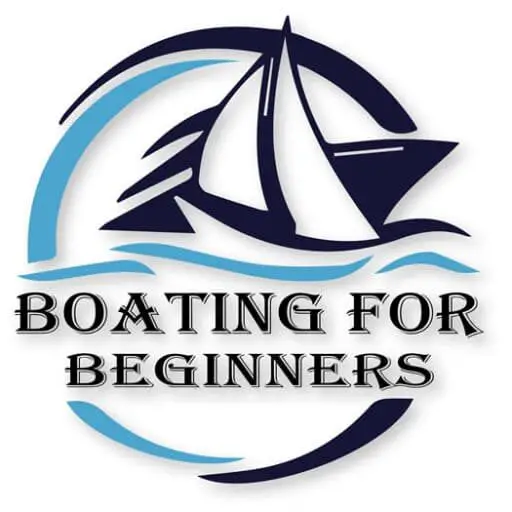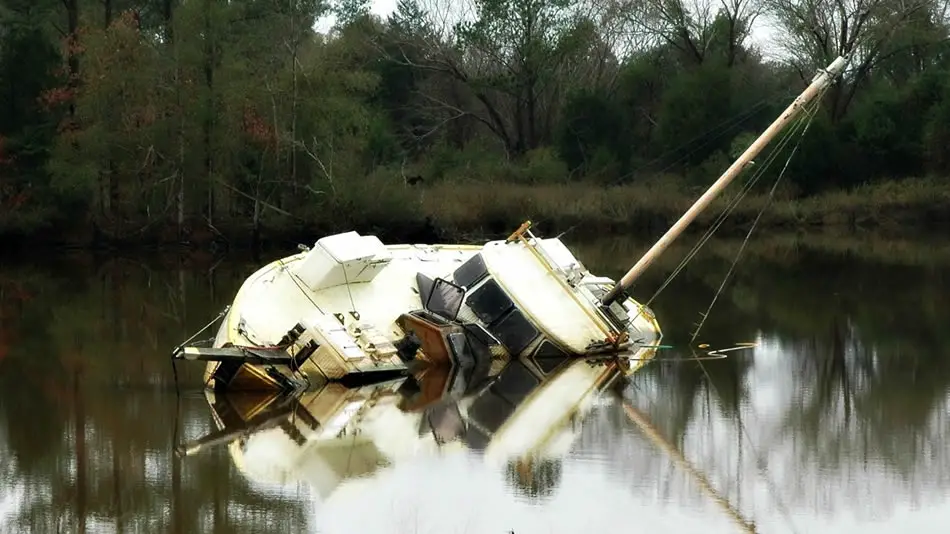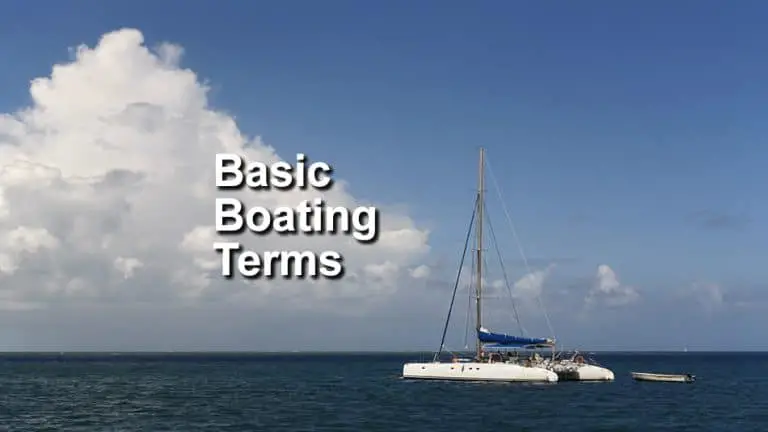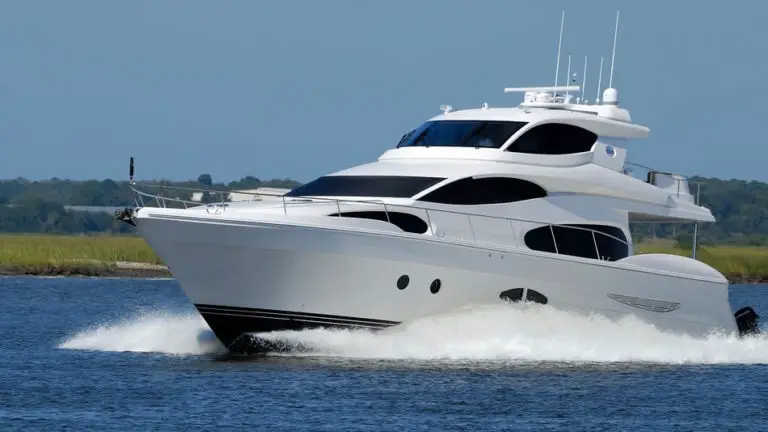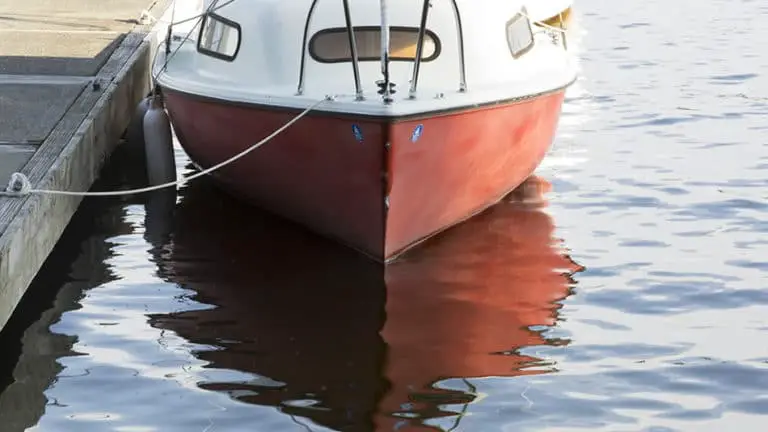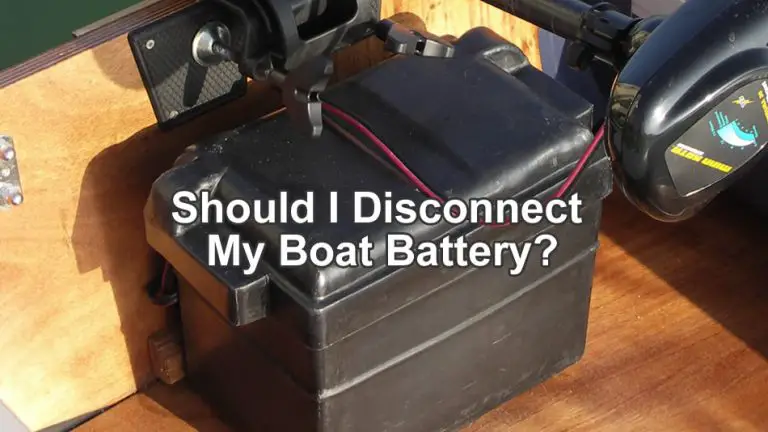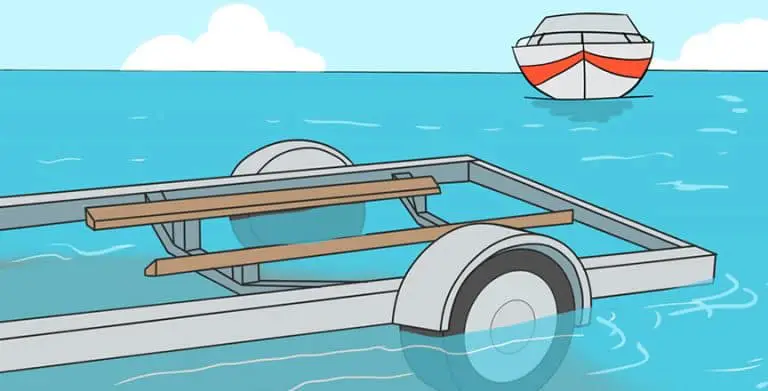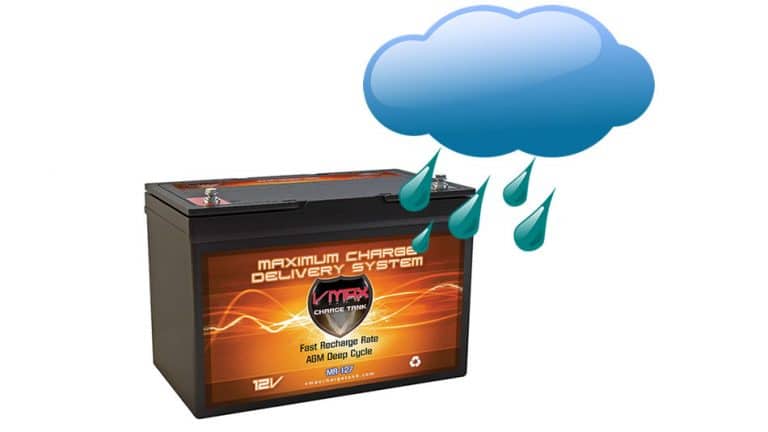What Causes a Boat to Sink and What You Should Know
There’s no worst feeling than walking down to the docks with your fishing pole in hand, only to find your boat is now sitting at the bottom of the water. There are many different ways for your boat to sink. The most common way for a boat to sink is from a faulty bilge pump not working correctly, or a bilge pump float switch becoming stuck with grit and grime.
Here are some other common mistakes that might sink your boat:
Clogged scuppers: If you leave your boat docked year round, dirt, leaves and other debris could plug the scuppers and cause your ship to sink. If the suppers are clogged, water will not be able to empty.
Avoiding routine maintenance: Make sure to perform seasonal maintenance on the boat properly. Failure to replace cracked or worn rubber on the stern-drive, for example, could cause leaks that will sink your ship.
Lightning strike: When lightning strikes a boat that is not properly grounded, the lightning could cause a hole or crack where it leaves your boat hull. If your boat gets struck by lightning, and even though you can’t see any initial damage you should still have it looked it.
Drain plug: Forgetting to put the drain plug back on happens to even the best boaters out there. Before launching, ensure the drain plug installed. It’s also a good idea to keep a spare plug in the bilge.
Rocks and sand: Running aground is not only hazardous for your boat hull, but it can also be dangerous for the occupants onboard the ship. Keep a close eye out. If you do strike an object in the water, take the boat out right away and get it looked at for damage.
Tied up at the dock: Not common, but it could happen, you might have tied your boat up at the dock while the tide was low and as the tide begins to rise, it could trap your boat under the dock causing it to sink. Another scenario is that you tied up your ship while the tide was low, and as the tide went back up, your boat remained tied down as the water went over it.
Weather: Strong winds, causing massive waves could lead to capsizing your ship.
Dock damage: If you are not protecting your boat on the dock bumpers, or boat fenders, then having your boat banging into the dock caused by wind, or waves could crack or puncture a hole in your ship.
Damaged or cracked hoses: Your boat has many different hoses to help with many different aspects of your boat, and if one of those breaks, cracks or come off, then this cause something not to work correctly, such as a bilge pump for example. Always check your hoses.
Damage from another boat: Unfortunately there are bad boaters out there who don’t know what they are doing, or they don’t care, and they are very careless.
Corrosion: Corrosion is one of the leading causing for sinking a ship. By not properly taking care of your boat you could be unknowing, slowly sinking your ship.
What Are Scuppers On a Boat?
Scuppers are located above the waterline and they are used to drain out water from your boat deck, caused by waves going over the bow, or from the rain. Scuppers are also referred to as “self-bailing” because they use gravity to drain out water, as opposed to using your bilge pump.
Most scuppers have flappers which help to keep seawater out but still allows water to drain. Sometimes scuppers can get clogged with leaves or other debris and has been known to sink some ships this way.
Would a Sinking Ship Pull You Under?
Yes, you can be pulled under with a sinking ship. As a ship is sinking it creates a suction as the air in the ship is replaced with water. As the ship sinks it could begin to suck you down with it unless you have enough buoyancy to keep you afloat.
What Do You Do If Your Boat Is Sinking?
If your boat is sinking, there are a few things you should do immediately to ensure everyone’s safety and if you’re lucky, avoid the ship from completely sinking. You’d be surprised how quickly a sinking ship can take on water.
Make sure everyone is wearing a life jacket: Hopefully everyone on board was already wearing a life jacket, but for those who are not, make sure they get one on.
Send a distress call: Using your VHF radio, send out a Mayday call to the Coast Guard on channel 16. Make sure to give them your location, the number of people on board, your boat name, any injuries, and of course the reason for the call. Give them an idea on how long you think you’ll be able to stay afloat. The faster you call for help, the faster you will be rescued, which is why this needs to be a priority. Call for help as soon as you see a problem.
Try to empty out the water: Try to get the bilge pump going, removing as much water as you can. If you have a backup bilge pump, get that running as well. If all else fails, grab a bucket or anything else you can use to scoop out the water.
Personal flotation devices: If you have additional Personal Floatation Devices, make sure to pass them out to the passengers.
Get closer to land: If you are able to, try to get closer to land. Benching your boat in this situation is okay. If you are able to get back to land, don’t forget to keep the Coast Guard informed on where you are, and where you are heading.
Stay with the boat: The best thing you can do is to stay within the boat. Sure, you do need to prepare a life raft as a contingency in case the boat is fully sinking. However, you want to stick with the boat because this is where you can find resources and food. Plus, rescuers will check for the boat first, so you want to be there or nearby at the very least.
Abandon ship: If you have to abandon the ship, don’t forget to grab any supplies and emergency gear you can. If the boat is definitely going under, then make sure to keep a little distance, so you don’t get sucked down with it.
Use a personal location beacon: These are great tools because you can use them to send a light signal for the rescuers. It’s a good idea to have multiple PLB units with you just to be safe. Sometimes (especially during bad weather), it will be very hard for someone to save you, which is why having multiple PLB units is a very good idea.
Get as close to the deck as possible: You want people to see you when it comes to a potential rescue. It’s a lot harder to be detected when you have a boat sink in the ocean and you are at the bottom. However, you do need to stay as calm as possible. Maintaining your calm is the difference between life and death here. You need to control your breathing too and trust your instincts. Focusing on survival is the primary concern, panicking will just lead to problems, and you want to avoid all of that.
As you can see, if your boat begins to sink and you’re in the middle of a lake or in the sea, things could be rather grim. The best thing to do during all of this is to remain calm and focused. Try everything you can to stay safe and if you must go into the water, make sure that you have the proper equipment on you. Every little detail matters here, as you try to stay alive!
Does Boat Insurance Cover Sinking?
For boat owners, the number one claim for losses reported to insurance companies is due to hurricane damage, next on the list is sinking. Most sinking occurs while the boat is tied up to the dock stored in the water. The most common reasons for them to sink is because of some small part failing to work properly, such as hoses or hose clamps, bilge pumps, scuppers being clogged, etc. And most of the time it’s from parts that are found under the waterline.
You will be surprised to know that not all insurance companies will cover you if the boat sunk due to what they would describe as a “lack of maintenance” on your half. This would include any damage as a result of wear and tear, or corrosion. You should double check your policy to see what it says about this. You want to make sure you have “Consequential Damage” coverage, which will cover losses due to faulty parts.
What Is Scuttling?
Scuttling is when you deliberately sink a ship, by allowing water to fill the hull. This is achieved by leaving seacocks or hatches open. Or by drilling holes into the hull below the waterline. In some cases, explosives could also be used. Some of the reasons why someone would want to sink a ship on purpose could be as follows:
- To protect the ship from getting seized by an enemy.
- To create an artificial reef for marine life or divers.
- To avoid the ship from becoming a navigational hazard for other ships.
- To dispose of an old, or abandoned vessel.
